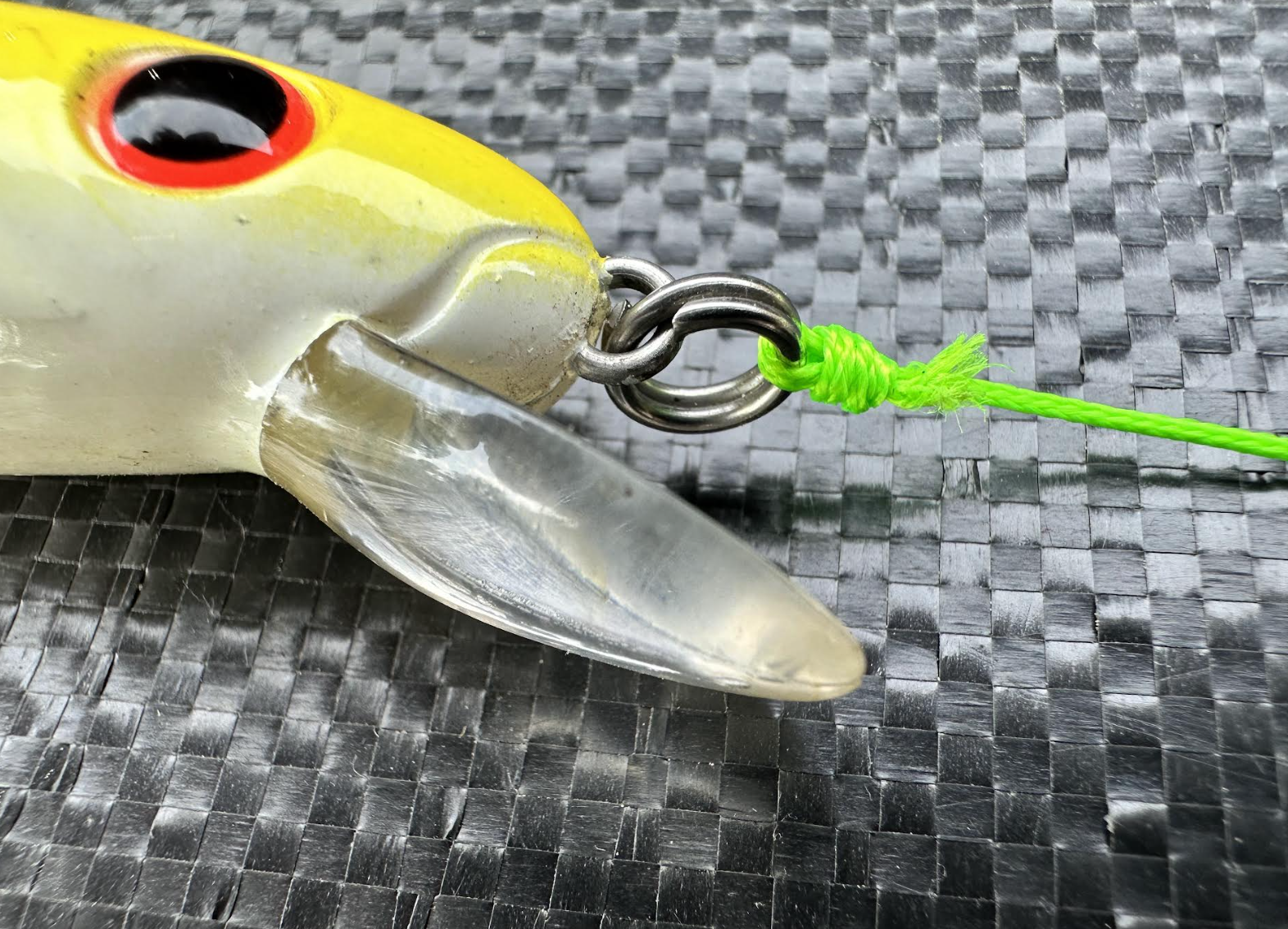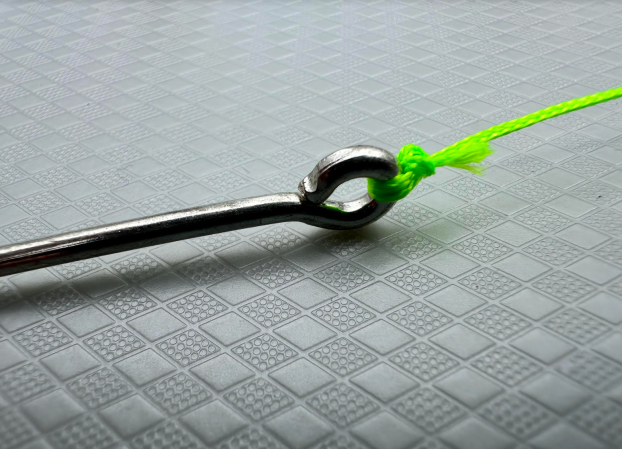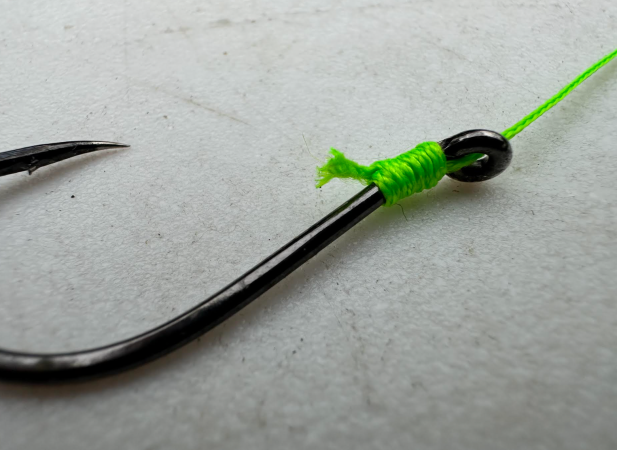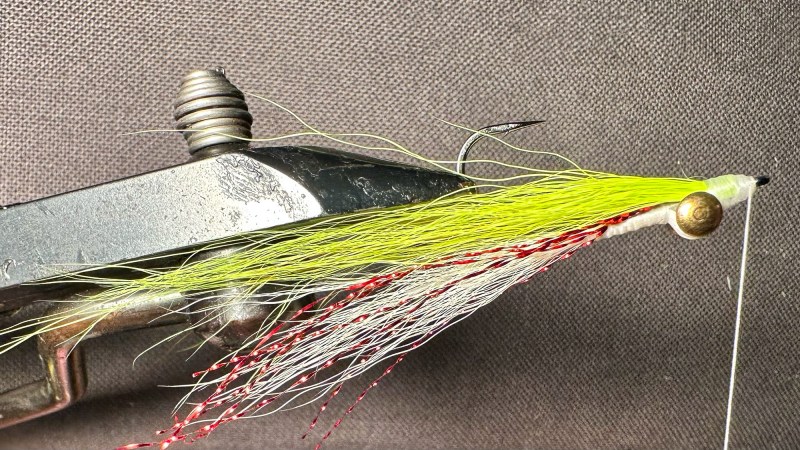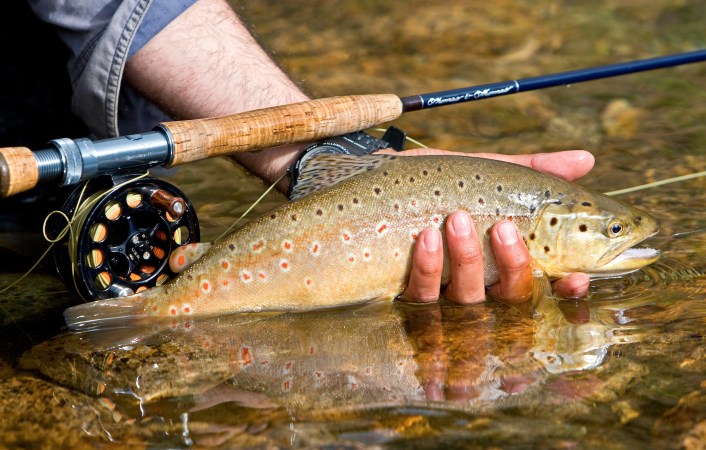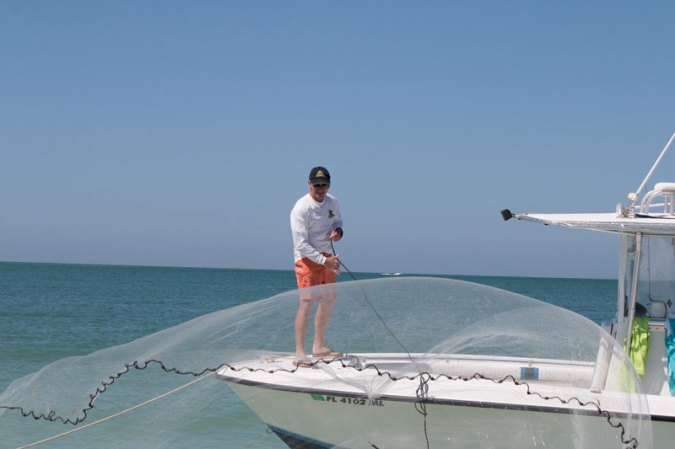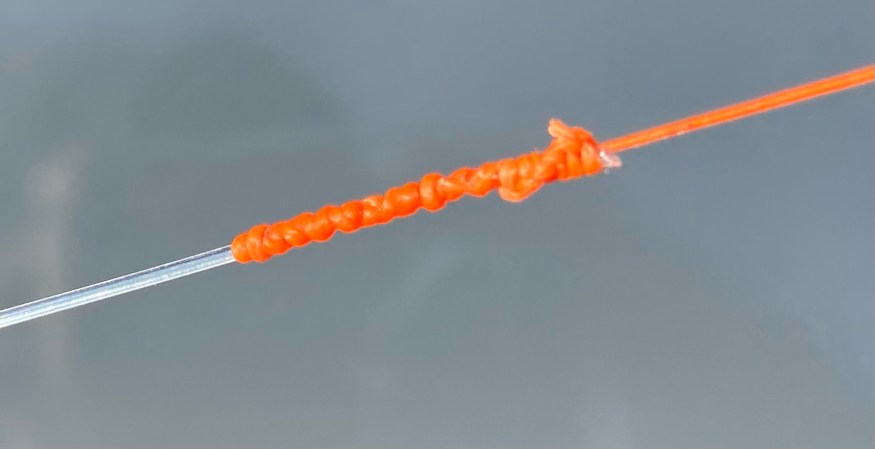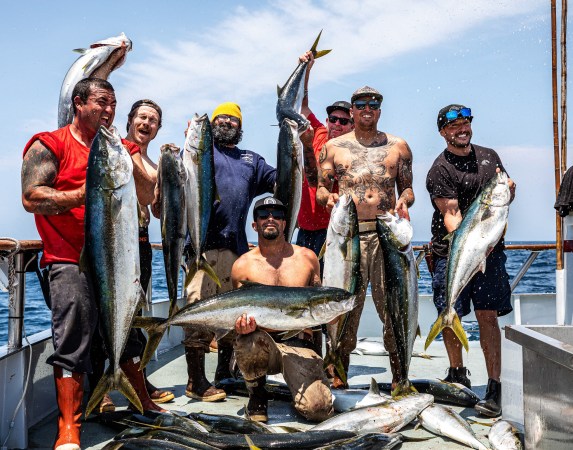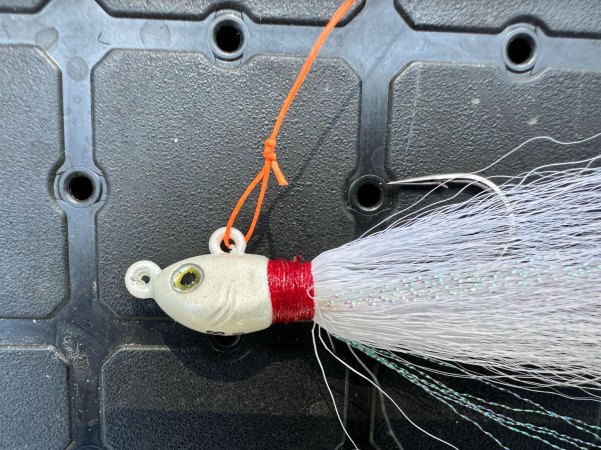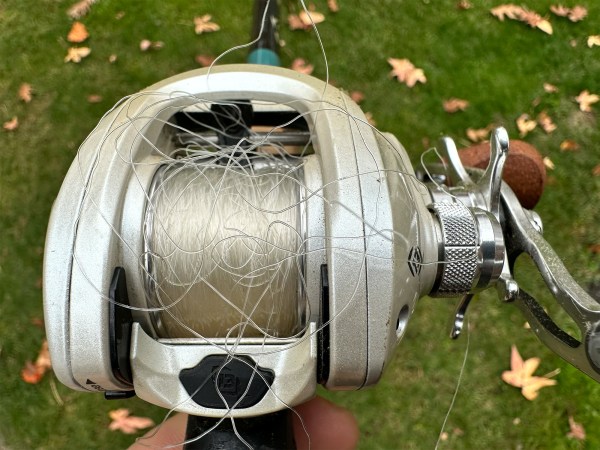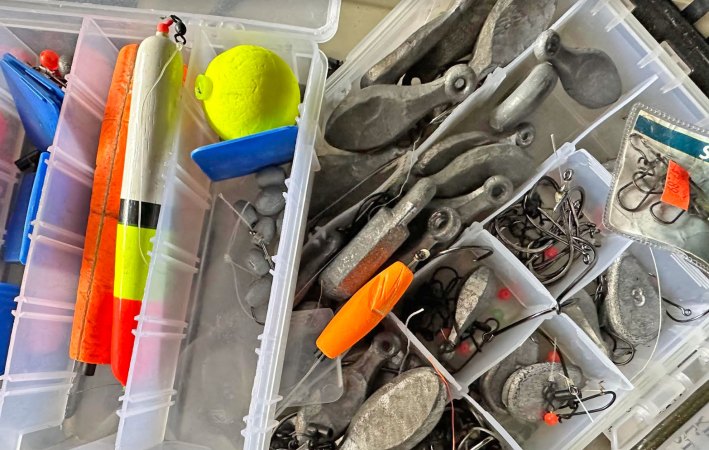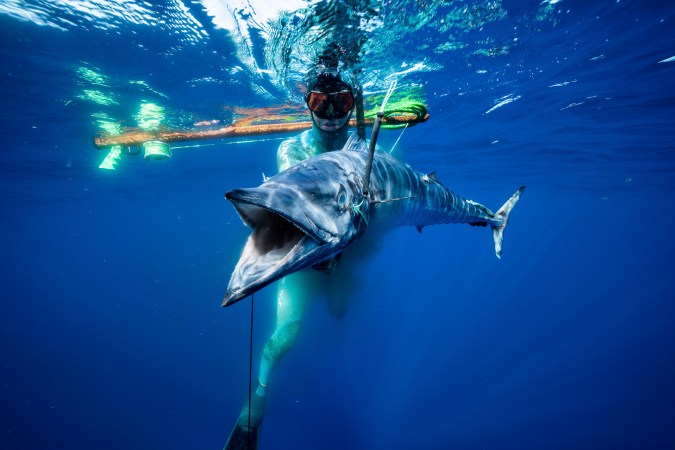We may earn revenue from the products available on this page and participate in affiliate programs. Learn More ›
The uni knot is one of the most used connections in fishing across all genres of the sport. From flyfishing a high mountain trout stream to targeting tuna offshore, it has a place in any anglers’ repertoire. First published in the Ashley Book of Knots as the gallows knot in 1944, the uni wouldn’t infiltrate the fishing scene until the 1960s. Early in the decade, noted angler Norman Duncan adopted it and it quickly caught on in his angling circles as the Duncan Loop. Even today, some anglers still use this moniker, but in 1970, famed fishing writer, Vic Dunaway, referred to it as the uni knot in one of his wildly popular books and the rest was history.
The beauty of the uni knot is that it’s incredibly simple to tie and very strong. It works well with monofilament and fluorocarbon lines of any diameter. The uni is ideal for attaching practically anything to your line, from a fly to a lure to a hook to a piece of terminal tackle. Here’s the step-by-step breakdown on how to tie the uni knot.

How to Tie a Uni Knot, Step By Step
Step 1: Start by feeding the tag end of your line or leader through the eye of your hook, lure, or terminal tackle. Make sure you wind up with a 4- to 6-inch tag end after it’s been passed through the eye.
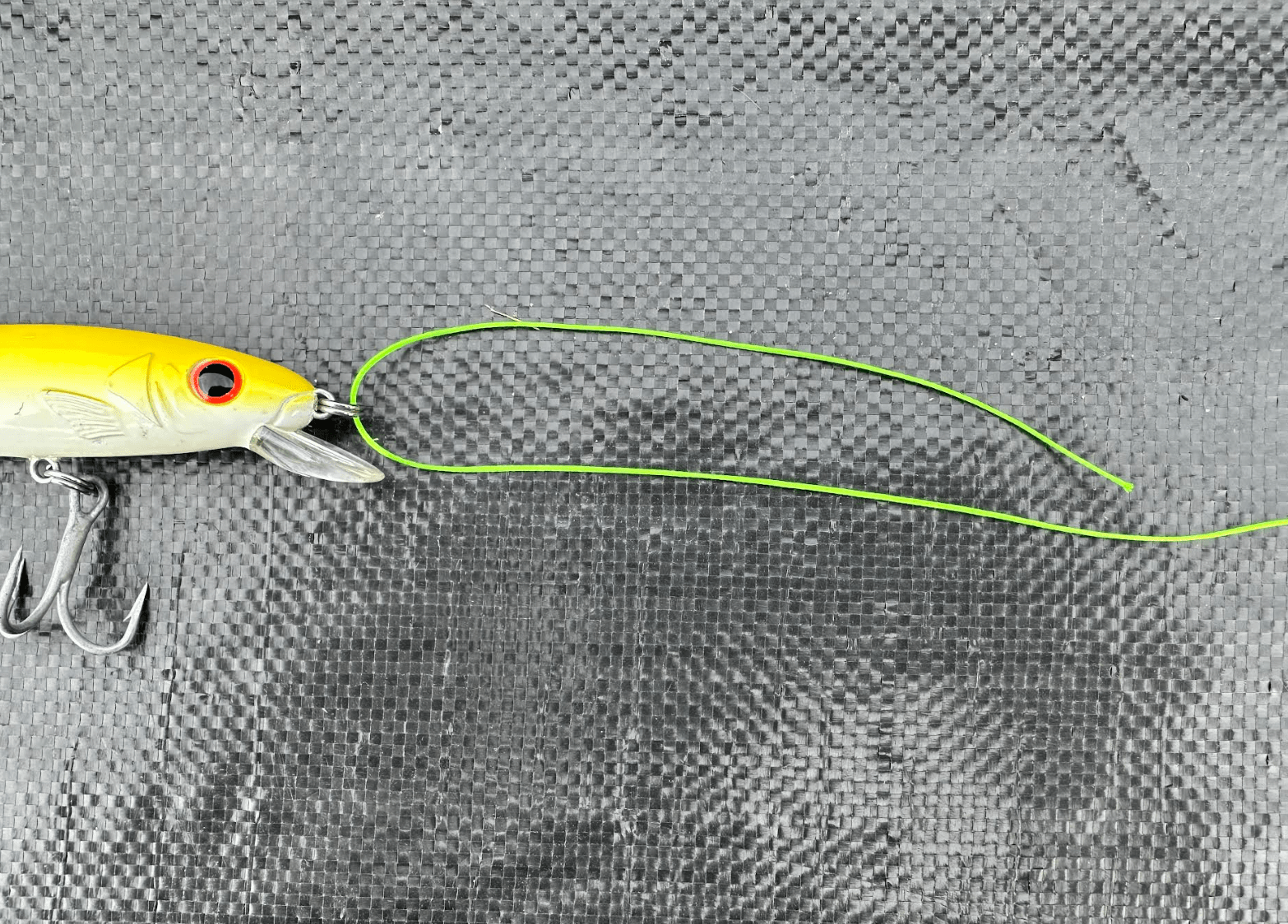
Photo by Joe Cermele
Step 2: Take the tag end of the line or leader and turn it back toward the eye. In this step you’re forming a loop over the now doubled running line. Cross the tag end over the doubled running line making sure there is enough length to make the turns in the next step.
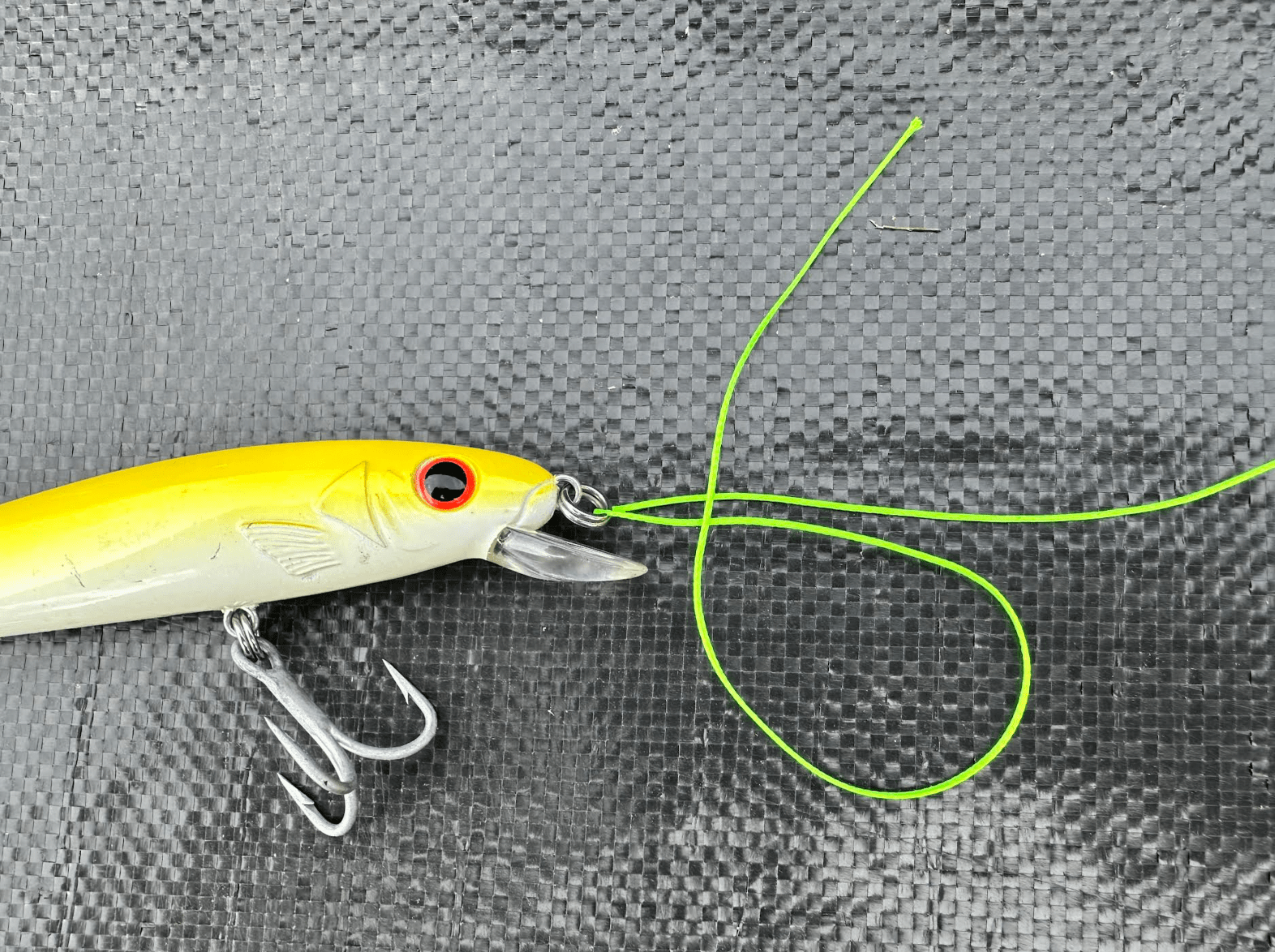
Photo by Joe Cermele
Step 3: Begin winding the tag end around the doubled running line and through the loop created in step two. With lighter, thinner line, make 6 passes through the loop. With thicker line, 3 to 5 is sufficient for the knot to maintain its strength and bite.
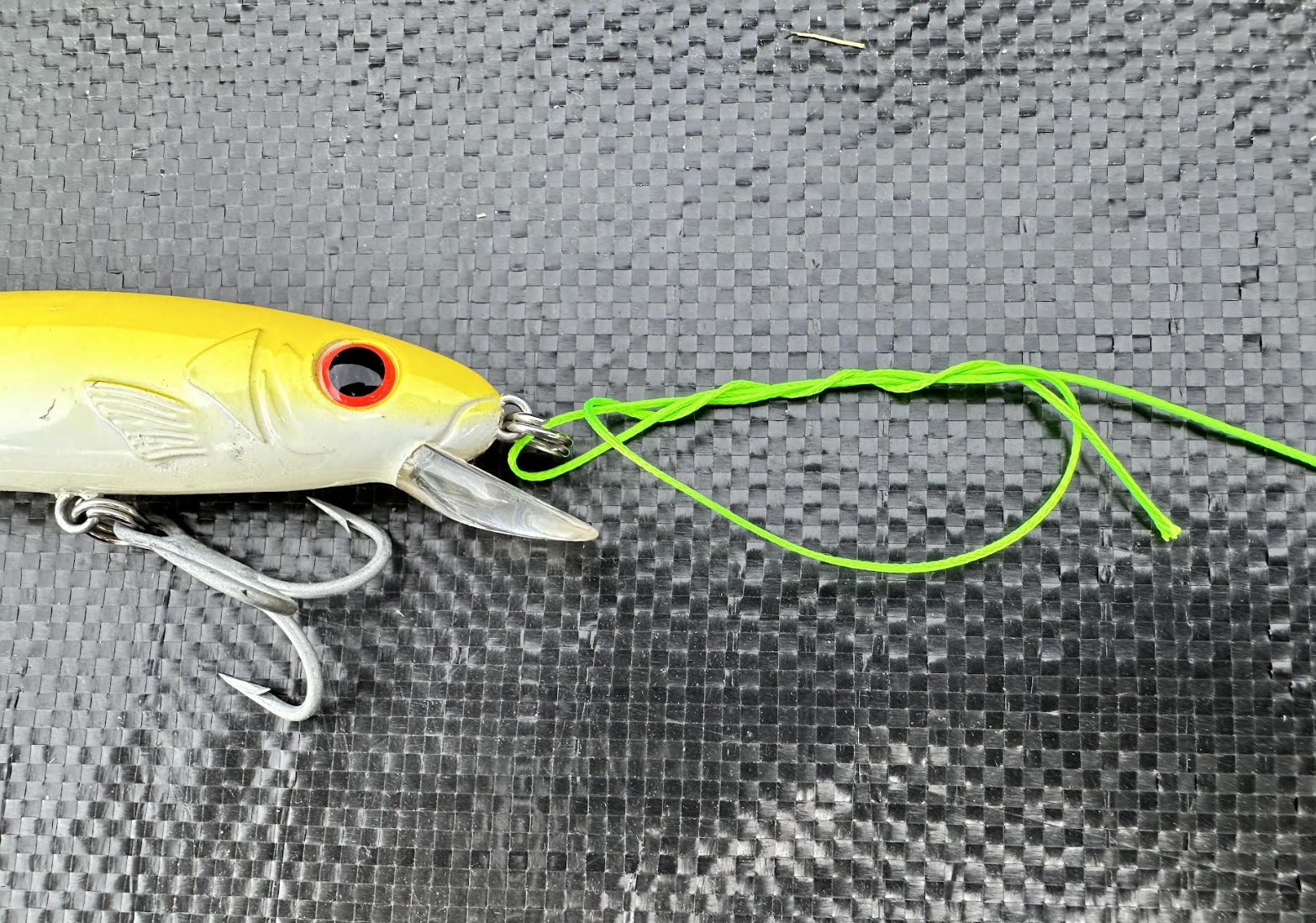
Photo by Joe Cermele
Step 4: While pinching the doubled running line close to the eye with one hand, slowly pull the tag end with your other hand. This will cause the wraps created in step 3 to cinch down, making tight coils over the running line. Before tightening them completely, wet the wraps with a bit of saliva.
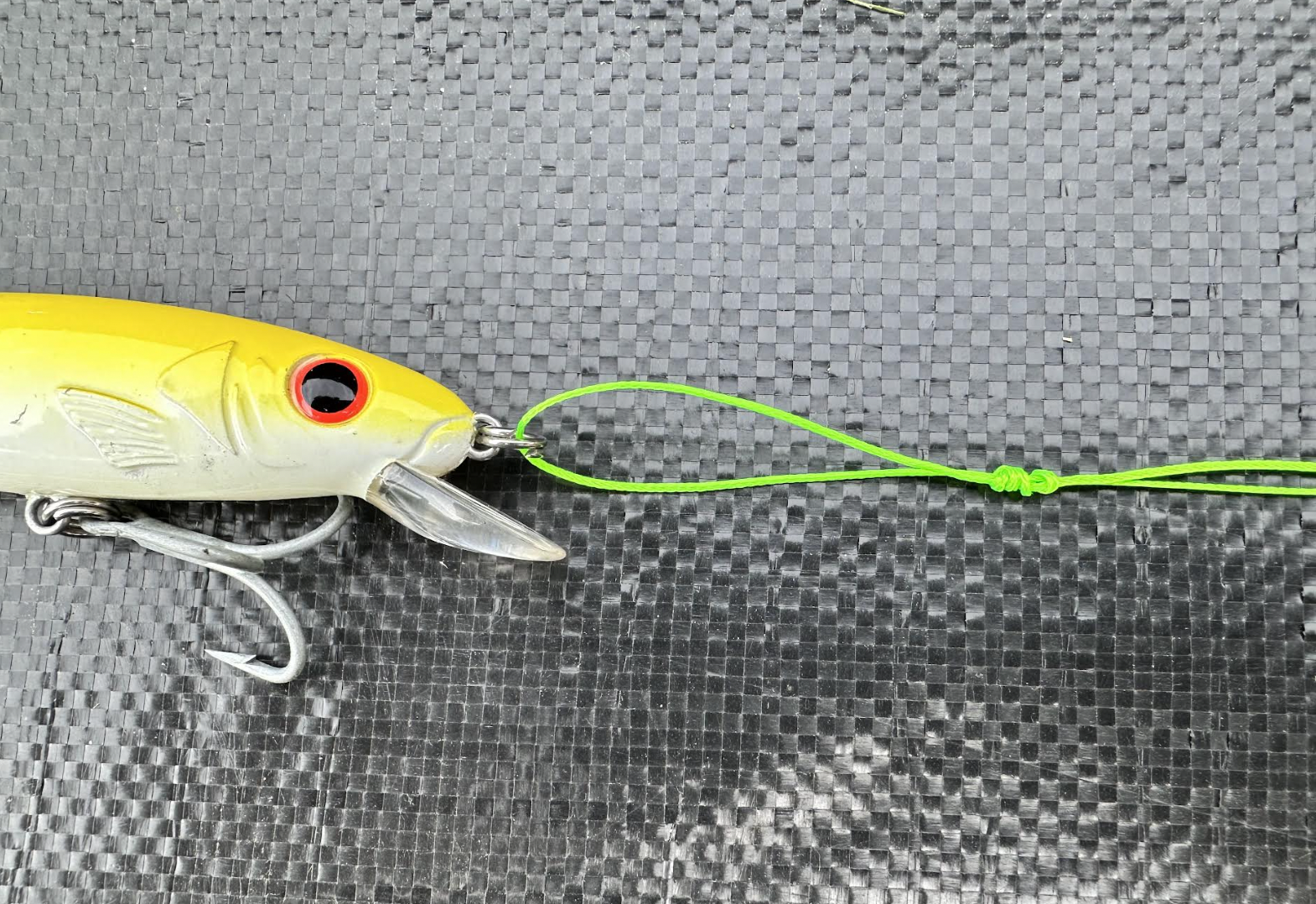
Photo by Joe Cermele
Step 5: While holding the lure, hook, or terminal tackle in one hand, firmly pull the main running line with the other in the opposite direction. The compact wraps created in step 4 will slide down to the eye, jamming tightly and securely against it. Trim the tag end close to the knot.
Read Next: The Best Fishing Lines for Bass of 2024
Tying the Double Uni Knot
The uni knot is a terrific all-around connection for getting a wide variety of tackle on the end of your line. But did you know it’s also perfect for connecting two pieces of line? The double uni knot is a great choice when you need to add a length of fluorocarbon or monofilament leader to the end of your braided line, or when you want to add a heavier bite tippet to the end of your fly leader. The tying steps are the same as when using a single uni, you’re just creating two facing unis with two pieces of line. After the initial cinch down of the coils, a hard tug in opposite directions forces the uni knots to jam together, creating a very strong splice.

Read Next: How to Tie a Fishing Knot: The 9 Best Knots for Fishing
Final Thoughts on How to Tie a Uni Knot
The uni is a simple, reliable, and versatile knot. It’s definitely worth practicing and perfecting. Once you’ve mastered tying the uni knot, executing a double uni is no sweat. Some folks find this to be the easiest method for connecting two lines. Both are great knots to know, regardless of what you call them.

